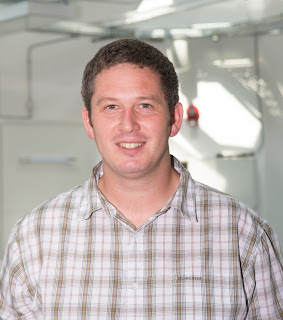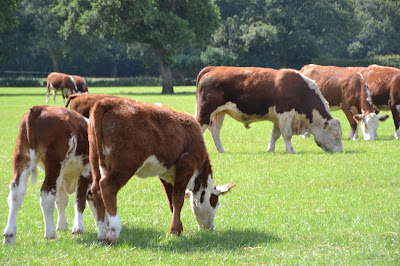How to get the most out of veterinary work experience
A-level student Miles Huglin tells us about his week of veterinary work experience here with us at the University of Liverpool.
No matter how impressive it might be on paper, absent-mindedly staring in the direction of a bunch of adults doing their jobs isn’t gaining experience; it’s wasting it. And as an A level student myself, I know many of us are guilty of this. A week at University of Liverpool's School of Veterinary Science and Institute of Infection and Global Health, however, has taught me how much more valuable these opportunities can be, and how to make the most of every second you get; it’s not only about building your CV, it’s about learning how the network behind veterinary medicine works, and how you can be a part of it.
Taking your pet to the vet, you meet a receptionist and a practitioner. Volunteering there, you meet the nurses and students, clean out the cages and think you’ve seen it all. But where do those blood samples go? Where do the results come from? How have the surgical and medical procedures you watch been developed? These are easy questions to overlook while making tea and glancing at the clock every minute until lunch, but why not ask?
While working at my local vet in Hatfield, I saw animal samples being taken sent off and witnessed decisions being made based on the test results that came back. It never once occurred to me that somewhere in the country it was someone’s job to sift through the skin tags, blood and faeces to obtain these vital data; Paul Gilmore, of Test-a-Pet diagnostics, talked me through how the company analyses samples, ranging from tortoise toes from Birmingham to rabbit droppings from London. While I was with him, a dog’s blood was being tested for Lyme disease, with the owner of this animal somewhere else in the country having no idea where this small sample of their beloved pet was; this simple fact was what made me realise just how much of this medical process goes on in the background.
 |
| Dr Nick Evans |
 |
| In the lab |
Much of this might be difficult to relate to, but what stands out is clear: opportunities in the veterinary world are endless. With a rapidly growing human population to feed and so many diseases like Ebola and Avian Flu being identified as zoonotic (spreading from animals to humans), research into our animals’ diseases is more important than ever. And why stop there? A degree in veterinary medicine not only lends itself to a practical career, but also to one in scientific research and experimentation. At a university like Liverpool, the diseases facing us today are being fought by scientists, doctors and vets working hand in hand.
I went to Liverpool hoping to see veterinary students at work, and left with my eyes opened to all the possibilities that follow; sitting back, watching surgeries and keeping questions to myself simply wasn’t an option, and I can’t keep the experience to myself. The network of scientific minds behind every prescription, every operation and every routine practised by vets around the country is much more extensive than we can ever comprehend.
So, given the opportunity to scratch the surface of such a limitlessly fascinating scientific world, why bother doing veterinary work experience if all you’re learning to do is make the perfect cup of tea?
 Miles Huglin is an A-level student from Hertfordshire who spent a week at the University of Liverpool on a work experience placement earlier this year. For more information about work experience opportunities at the University please visit www.liv.ac.uk/working/jobvacancies/workexperience
Miles Huglin is an A-level student from Hertfordshire who spent a week at the University of Liverpool on a work experience placement earlier this year. For more information about work experience opportunities at the University please visit www.liv.ac.uk/working/jobvacancies/workexperience 






0 comments:
Post a Comment